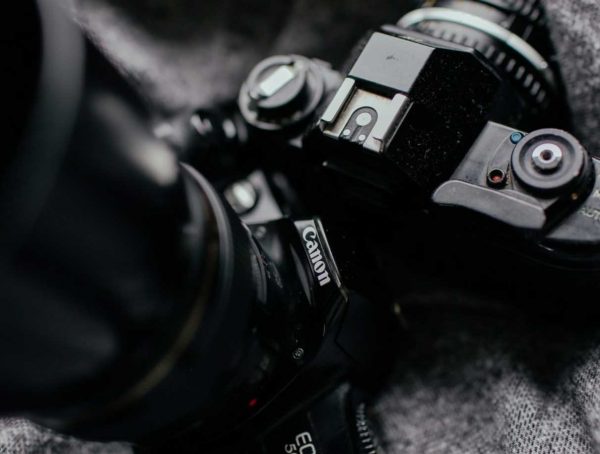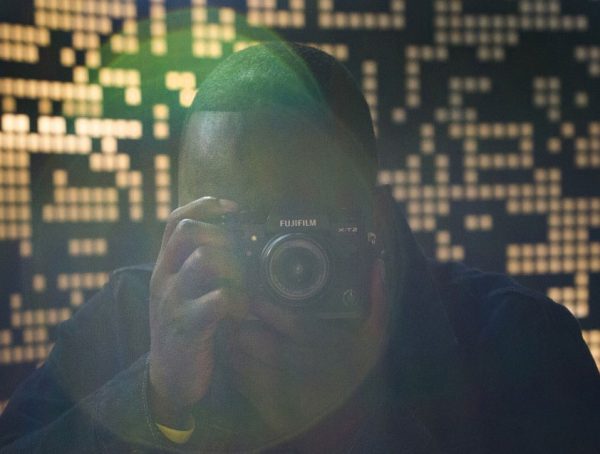 Journalists entering or leaving the United States are subject to the same rules as anyone else. Their electronic devices may be searched and the contents copied by the U.S. government even if they’re not suspected of wrongdoing. The policy has been in effect for more than a year but now the ACLU is challenging it in court and asking journalism groups to weigh in.
Journalists entering or leaving the United States are subject to the same rules as anyone else. Their electronic devices may be searched and the contents copied by the U.S. government even if they’re not suspected of wrongdoing. The policy has been in effect for more than a year but now the ACLU is challenging it in court and asking journalism groups to weigh in.
While the policy was modified slightly by U.S. Customs and Border Protection in August, it still allows devices to be seized and held for up to five days, and even longer under certain circumstances. It covers laptops, cameras and cell phones–all the tools of the trade–and according to the Reporters Committee for Freedom of the Press, some journalists have been affected.
The Department of Homeland Security says the overall numbers are small so far, according to TechNewsWorld, with just a thousand laptops searched in a ten month period during which more than 220 million people came in or out of the United States. Still, the NPPA wants to know the impact of the policy on its members, who all received an email this week asking them to answer these questions:
-Have you ever had your laptop, cell phone or camera searched when entering or exiting the U.S. ?
-Have you ever had the contents of your laptop, cell phone or camera copied when entering or exiting the U.S. ?
-Have you ever had your laptop, cell phone or camera seized when entering or exiting the U.S. ?
-If someone else employs you, does your employer have a policy about traveling internationally with laptops, cell phones or cameras?
-Do you avoid carrying confidential business or personal information on your laptop, cell phone or camera due to the suspicionless search policy?
Are other journalism groups asking the same questions? Shouldn’t they?








